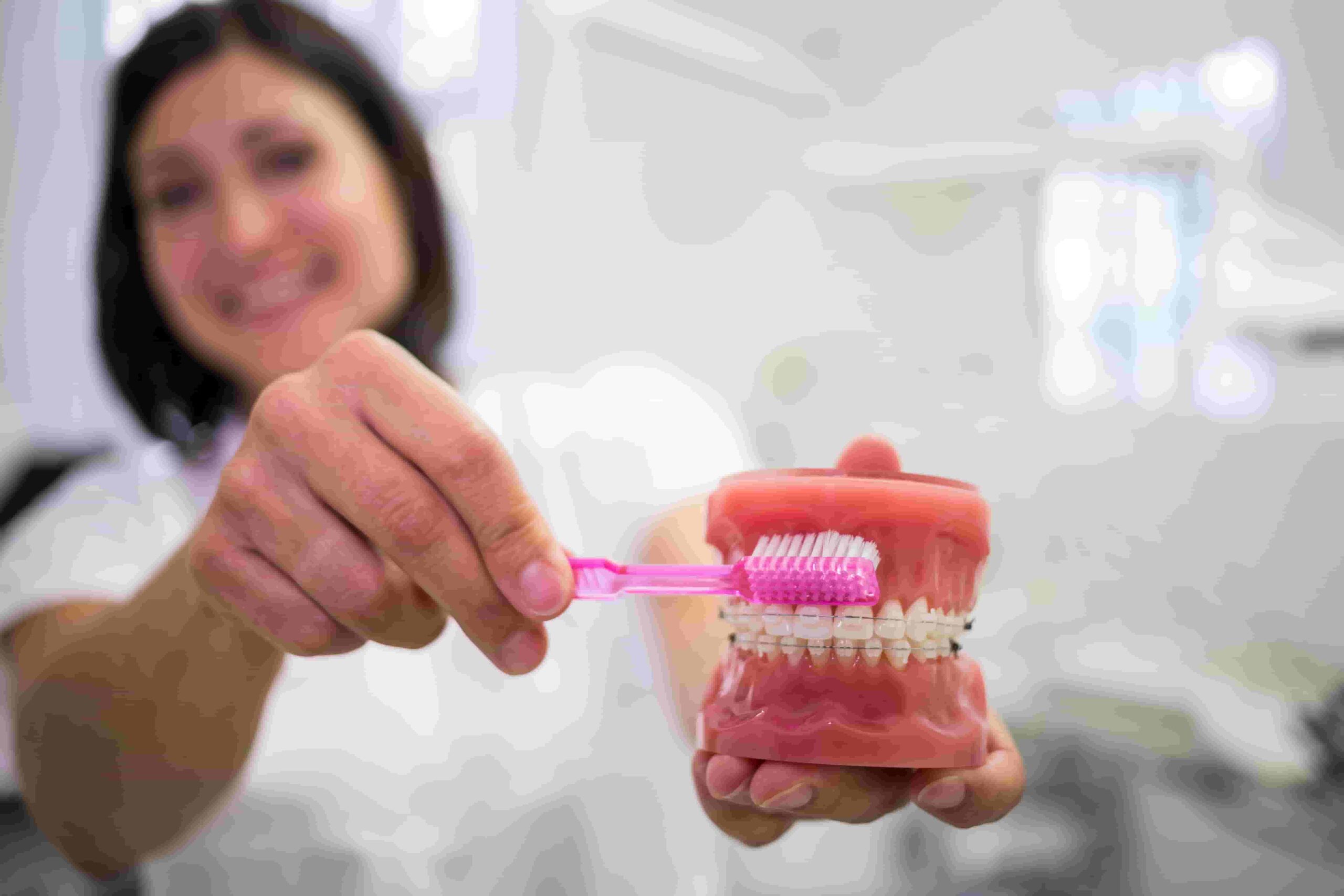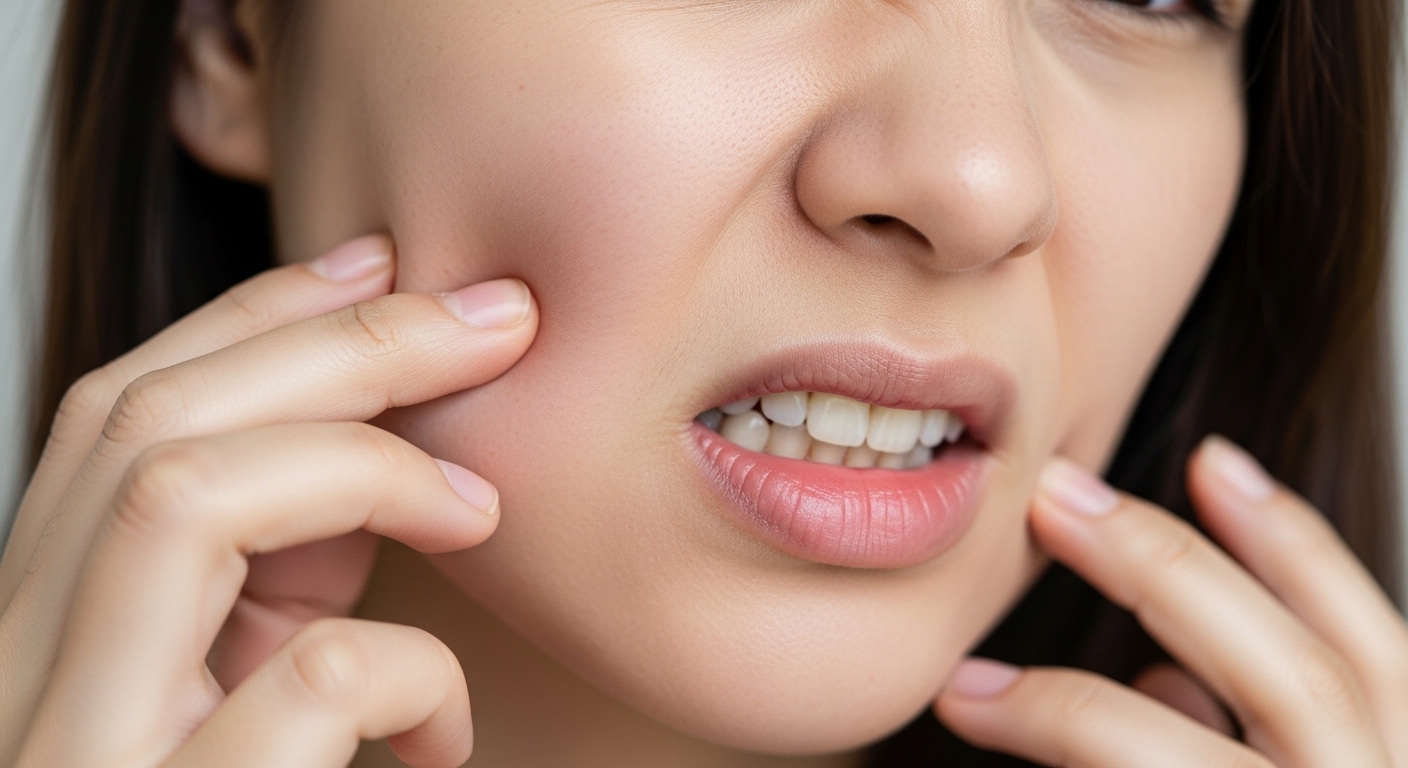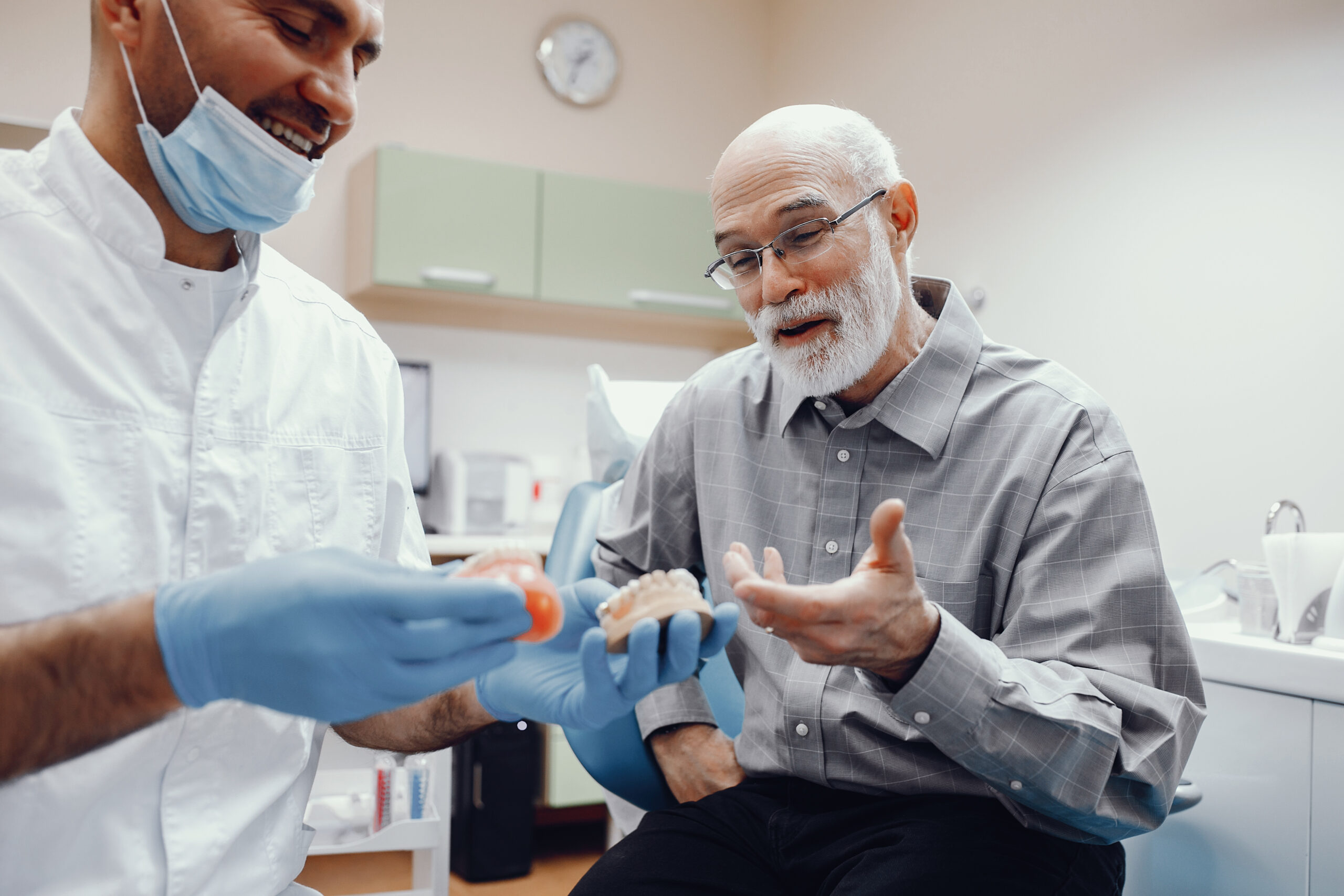If you are wondering how to clean dentures naturally, the most effective and safe options include soaking them in a mild saltwater solution, brushing with baking soda, or using vinegar diluted with water. These chemical-free methods help remove bacteria, plaque, and stains while keeping your dentures fresh without harsh cleaners.
In this blog, we explain the best natural denture cleaning methods, step-by-step guides for safe use, and expert advice from Revesby Dental Centre. You will also learn what to avoid, how often to use natural cleaners, and when professional dental care is necessary.
Why Choose Natural Denture Cleaning Methods?
Many patients prefer natural denture care because it avoids harsh chemicals while still keeping dentures hygienic. Reasons include:
- Gentle on dentures – avoids long-term wear from abrasive products
- Budget-friendly – uses common household items
- Safe for sensitive mouths – less risk of irritation compared to strong cleansers
- Eco-friendly – reduces reliance on chemical-based products
That said, while natural methods are effective for daily freshness, they should complement not replace professional dental cleansers and check-ups.
Best Natural Denture Cleaning Methods
1. Baking Soda
Baking soda is one of the most popular homemade denture cleaners. Its mild abrasive properties help remove stains and neutralise odours.
How to use baking soda for dentures:
1. Dissolve one teaspoon of baking soda in a glass of warm water.
2. Soak dentures for 15–30 minutes.
3. Rinse thoroughly before wearing.
Benefits:
- Natural deodoriser
- Gentle stain removal
- Readily available in all Australian supermarkets
2. Saltwater Soak
A simple saltwater soak is effective for killing bacteria and keeping dentures moist.
How to prepare:
1. Mix half a teaspoon of salt in a glass of lukewarm water.
2. Soak dentures for 15–30 minutes.
3. Rinse well before use.
Benefits:
- Safe and natural antibacterial option
- Reduces odour and plaque
- Budget-friendly and easy to prepare
3. Vinegar Solution
White vinegar is a natural disinfectant. When diluted correctly, it can help remove tartar build-up.
How to prepare:
1. Mix equal parts white vinegar and water.
2. Soak dentures for up to 30 minutes.
3. Rinse thoroughly to remove vinegar taste.
Important note:
Avoid vinegar if your dentures have metal clasps, as it may cause corrosion.
4. Lemon Juice Soak (Occasional Use)
Lemon juice has natural bleaching properties, which can help brighten dentures.
How to use:
1. Mix two tablespoons of lemon juice in a glass of water.
2. Soak dentures for no more than 20 minutes.
3. Rinse thoroughly before use.
Caution: Overuse may weaken denture material, so this should be done occasionally, not daily.
5. Herbal Cleaning (Clove Oil or Tea Tree Oil)
Some natural oils have antibacterial and antifungal properties.
How to use:
1. Add 1–2 drops of clove or tea tree oil into a glass of water.
2. Soak dentures briefly (10–15 minutes).
3. Rinse thoroughly to avoid lingering taste.
Note: Always dilute essential oils; never apply them directly to dentures or gums.
Step-by-Step: Daily Natural Cleaning Routine
1. Remove and rinse dentures after eating to clear food particles.
2. Brush gently with a soft denture brush and warm water. Avoid toothpaste.
3. Soak in a natural solution (saltwater, baking soda, or diluted vinegar).
4. Rinse thoroughly with fresh water before wearing again.
5. Clean your gums, tongue, and mouth before reinserting dentures.
Comparison Table: Natural Denture Cleaning Options
| Method | Effectiveness | Safe for Metal? | Best For | Notes |
| Baking soda |     |  Yes Yes | Odour & stains | Use daily or alternate with cleanser |
| Saltwater |    |  Yes Yes | Bacteria control | Gentle, safe for everyday use |
| Vinegar |     |  No No | Tartar build-up | Avoid with partial dentures |
| Lemon juice |   |  Yes Yes | Whitening | Use occasionally only |
| Herbal oils |   |  Yes Yes | Freshness | Always dilute, never use directly |
Can I Clean Dentures Without Chemicals Every Day?
Yes, you can use natural cleaners daily, but dentists recommend alternating with professional denture cleansers such as Polident® or Steradent®. Natural solutions keep dentures fresh, but commercial cleaners are more effective at eliminating bacteria and preventing long-term plaque build-up.
Common Mistakes to Avoid When Cleaning Dentures Naturally
- Using hot water, which can warp dentures
- Applying regular toothpaste, which is too abrasive
- Soaking in undiluted vinegar or lemon juice, which may damage dentures
- Forgetting to rinse dentures thoroughly after natural soaks
In Australia, natural cleaning ingredients like baking soda, salt, and vinegar are inexpensive and available at Woolworths, Coles, and Chemist Warehouse. Prices range from $1–$5, making them affordable for everyday use.
At Revesby Dental Centre, we recommend using natural methods for daily freshness but combining them with professional cleansers and regular dental check-ups for best results.
When to See a Dentist About Denture Care
Even if you clean dentures naturally, you should book an appointment if you notice:
- Persistent odour or staining
- Discomfort or sore spots on gums
- Loose or ill-fitting dentures
- Visible cracks, chips, or warping
Our team at Revesby Dental Centre provides denture relines, repairs, and replacements to keep your smile healthy.
Quick Answers
- Best natural way to clean dentures? Baking soda or saltwater soaks.
- Can I soak dentures in vinegar? Yes, but dilute it and avoid with metal clasps.
- What should I avoid? Hot water, toothpaste, and undiluted acidic solutions.
- Can natural methods replace cleansers? No, they should complement professional cleaning products.
- Is lemon juice safe? Occasionally, but not for daily use.
FAQs
1. What is the best natural way to clean dentures daily?
A baking soda soak or saltwater rinse is safe and effective for everyday use.
2. Can I use vinegar to clean dentures overnight?
Yes, but always dilute with water and avoid if your dentures have metal parts.
3. How do I keep dentures white naturally?
Occasional lemon juice soaks or regular baking soda use can help reduce stains.
4. Are natural cleaning methods enough on their own?
They are effective but should be paired with professional denture cleansers for complete hygiene.
5. Can I brush dentures with toothpaste instead of natural cleaners?
No, toothpaste is too abrasive and may damage denture surfaces. Use a soft brush with water or baking soda instead.



